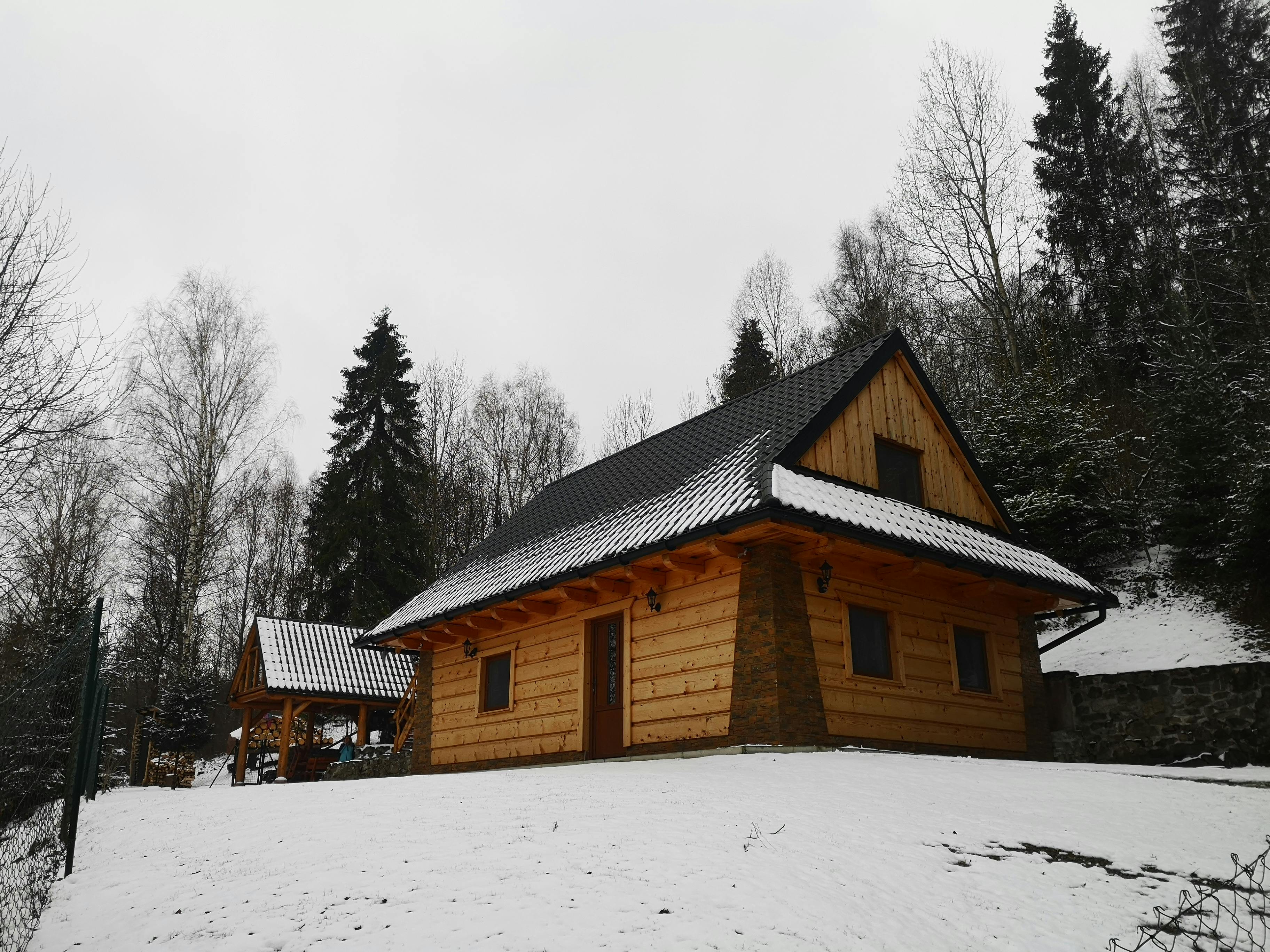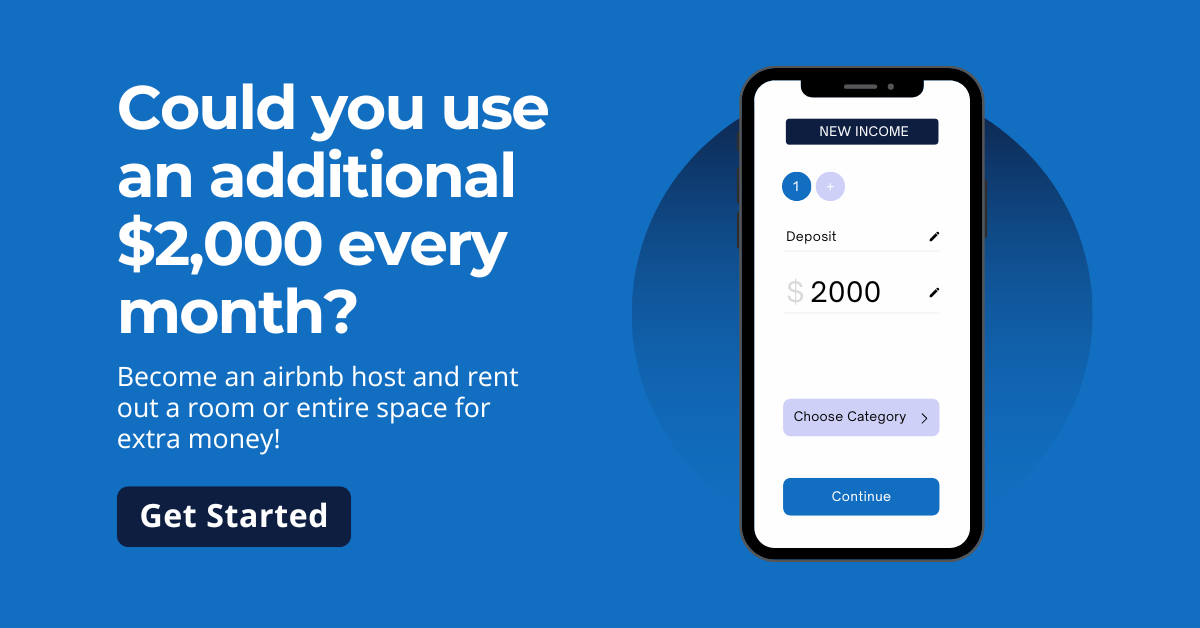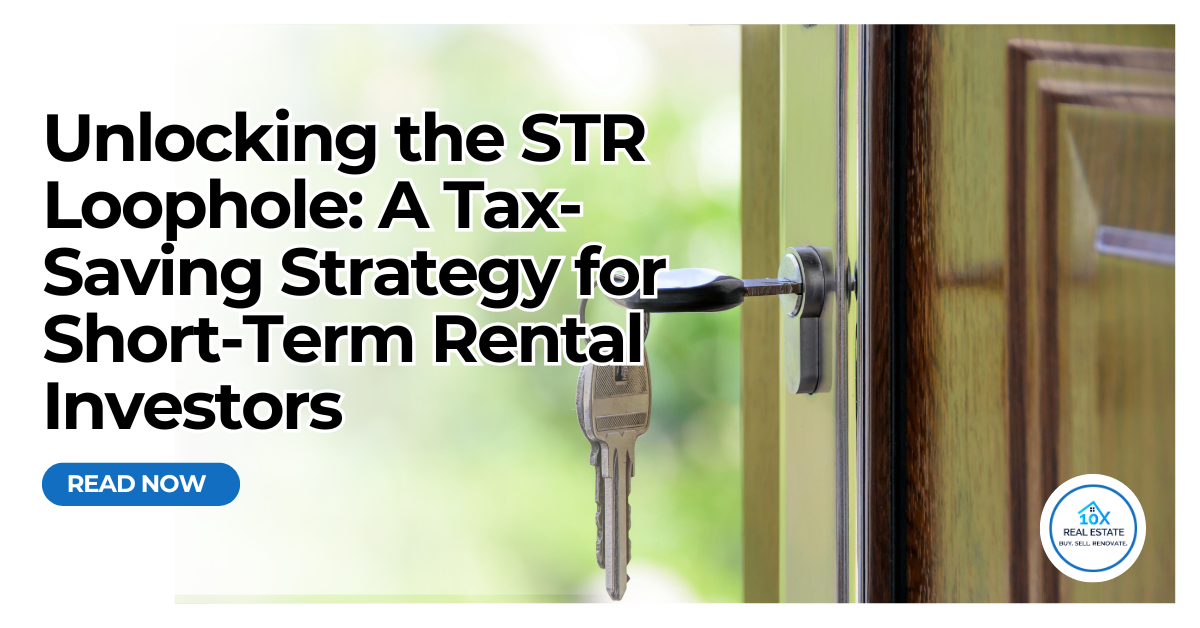Many Airbnb hosts stumble because they miss one crucial factor: proper analysis. Time and time again, I see enthusiastic hosts dive in without doing the homework. They buy properties based on gut feelings rather than cold, hard data. Sounds familiar?
Let’s be real—would you drive cross-country without a GPS? Probably not. So why risk a six-figure investment without a clear roadmap?
Here’s the simple truth: poor analysis leads to poor investments. But understanding a few core concepts can dramatically reduce your chances of failure.
What Sets Successful Airbnb Hosts Apart?
Most struggling hosts don’t grasp the essentials of deal analysis, such as:
- Market Analysis
You need to identify areas with strong demand and minimal competition. It’s not enough to pick a location just because it’s trendy. Look for markets that balance tourist interest with lower saturation.
- Using the Right Tools
Platforms like AirDNA and PriceLabs aren’t optional—they’re essential. They give you access to real-time data on pricing trends, occupancy rates, and seasonal fluctuations. These insights help you make informed decisions instead of wild guesses.
- Comprehensive Cost Analysis
It’s easy to overlook the smaller costs—cleaning fees, utilities, maintenance—but those add up quickly. Make sure your underwriting includes every potential expense, from mortgage payments to property management fees.
The Art of Comping
If you want to thrive as an Airbnb host, you need to master comping. But what exactly is it?
Comping is the process of evaluating short-term rental properties by comparing them to similar listings (or comps) in the area. It’s not just a quick calculation; it’s a deep dive into market dynamics. Here’s what it involves:
- Market Selection: Find markets that aren’t oversaturated but still attract plenty of guests. Look for hidden gems—locations that are up-and-coming or have unique draws.
- Pricing Strategy: Base your nightly rates on actual data, not wishful thinking. Use comps to see what similar properties charge and adjust based on amenities, seasonality, and local events.
- Detailed Underwriting: Evaluate every expense and revenue stream. Will your property still turn a profit if occupancy drops to 50%? What happens if local regulations change?
Risk Reduction Through Analysis
When you truly understand comping, you reduce risk. The uncertainty that often paralyzes new hosts gives way to confidence. With the right data in hand, you’ll feel empowered to move forward, knowing you’ve done your due diligence.
Feeling Nervous? That’s Normal
Investing in an Airbnb property is a big step, and it’s okay to feel anxious. But fear comes from the unknown—and proper analysis can replace that fear with clarity.
Remember: the key to long-term success isn’t luck; it’s preparation. By mastering the fundamentals of market research, pricing strategies, and underwriting, you’ll position yourself as a confident, informed, and profitable host.
So, before you make that next investment, ask yourself—have you done the analysis? If not, it’s time to roll up your sleeves and get to work.



